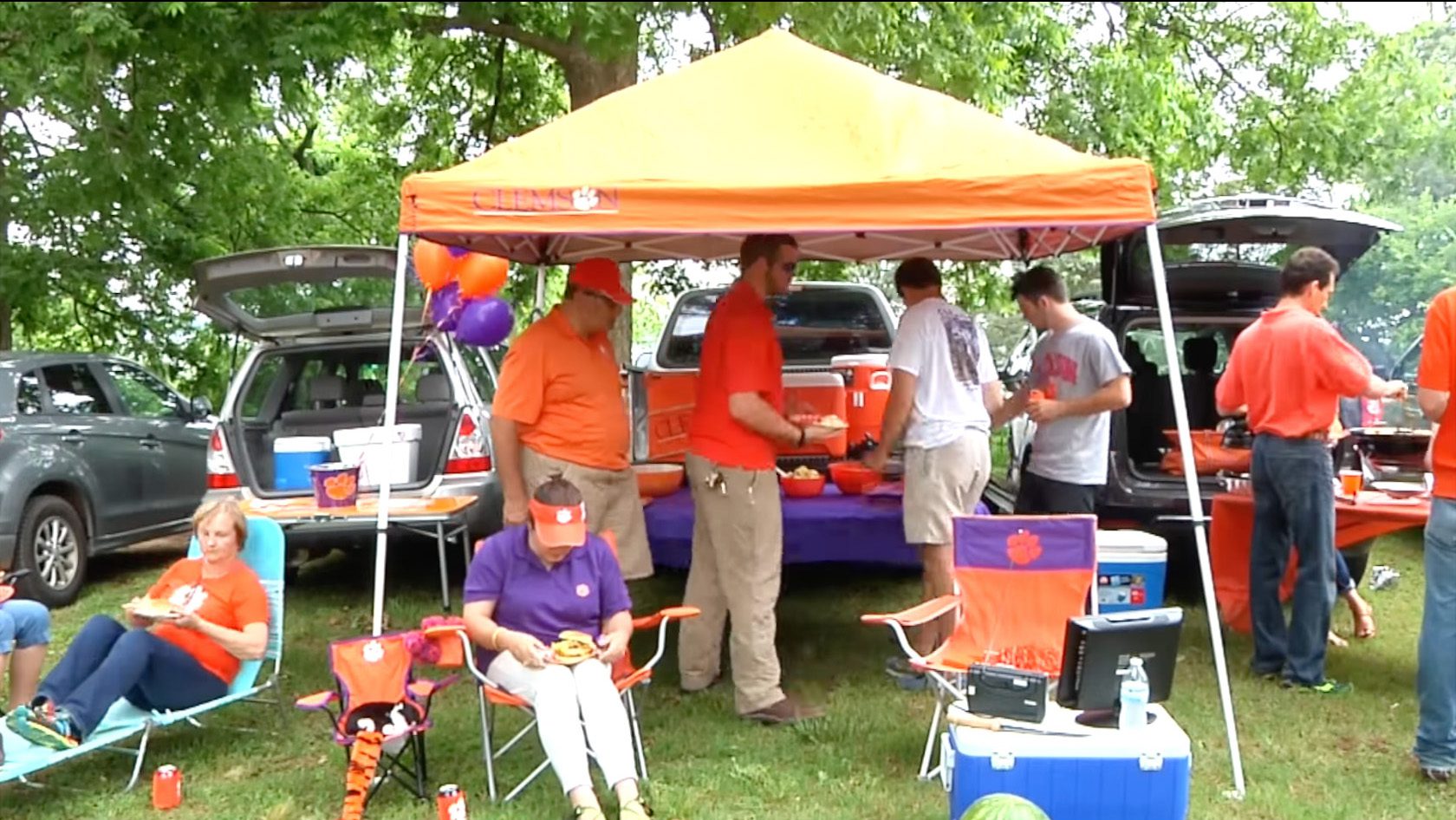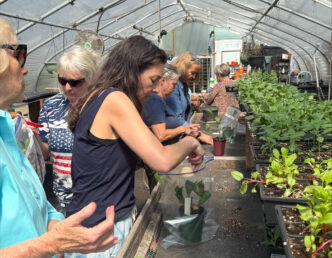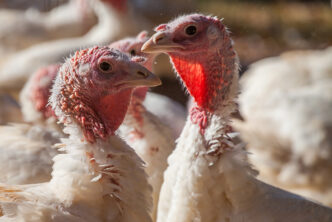Clemson University ranks number 5 in World Sports Network’s Best College Tailgates and with football season here, the Clemson Cooperative Extension Service has some tips to help sideline foodborne illnesses.
Common foods eaten when tailgating include those with meats, dairy or other foods that spoil quickly, as well as foods that require refrigeration, such as cut tomatoes, melons and raw leafy greens. These foods can cause foodborne illnesses if not properly handled.
Samantha Houston, Clemson Extension Food Systems and Safety agent, offers some tips for tailgaters to ensure their food is safe to eat.
Use thermometers and separate coolers
The first tip is to keep food at a safe temperature between home, a store or restaurant and the tailgate location to help prevent foodborne illnesses.
“Use food thermometers to help ensure food is stored at and cooked to appropriate temperatures,” Houston said.
If possible, store raw meat and poultry in a separate cooler from ready-to-eat foods.

Perishable foods such as raw hamburger patties, sausages and chicken should be kept in an insulated cooler packed with ice, ice packs, or frozen gel packs. Keep an appliance thermometer in the cooler to be sure it stays at 40 degrees or below. In addition, Houston says wrap raw meat and poultry to prevent their juices from coming into contact with and cross-contaminating ready-to-eat foods.
When grilling meats, follow the Safe Minimum Internal Temperature Chart for Cooking found at www.foodsafety.gov.
“In addition to a grill and fuel for cooking food, pack a food thermometer to use to check and make sure the meat and poultry reach a high enough temperature to destroy harmful bacteria that may be present,” Houston said.
Meats and poultry should be cooked to an internal temperature of 165 degrees.
Don’t reuse utensils
When taking cooked food off a grill, use clean utensils to put the food on a clean platter. Don’t put cooked food on the same platter that held raw meat or poultry. Any harmful bacteria present in the raw meat juices could contaminate safely cooked food. In hot weather, above 90 degrees, food should never sit out for more than 1 hour.
If hot foods such as soup, chili and stew are on the menu, use insulated containers to keep these foods hot. When using an insulated container to store hot foods, fill the container with boiling water, let it stand for a few minutes, empty it and then put in the piping hot food.
“If an insulated container is kept closed, the food should stay hot for several hours,” Houston said.
Hot foods should be kept at 140 degrees or above. If hot food can’t be kept hot during the drive to the tailgate venue, plan ahead and chill the food in a refrigerator before packing it in a cooler. Reheat the food to 165 degrees as measured with a food thermometer. If bringing hot take-out food, eat it within 2 hours of purchase, or 1 hour if the outside temperature is above 90 degrees.
Perishable cooked food such as luncheon meats, cooked meats, chicken, as well as potato or pasta salads must be kept refrigerated.
Keep drinks in separate coolers that can be opened often.
When in doubt, throw it out
Favorite teams can keep you on the edge of your seat, but that doesn’t mean it’s safe for food to stay unrefrigerated before, during and after tailgating. Houston said holding food at unsafe temperatures is a prime cause of foodborne illness.
It’s safe to eat tailgating leftovers if a few steps are followed. These steps include:
- Keep food at safe temperatures and immediately put in a refrigerator or cold, insulated container after everyone has eaten.
- Discard any leftovers that are not kept ice-cold – 40 degrees or below – after a game. Food should not be left out of a cooler or off a grill for more than 2 hours (1 hour when the outside temperature is above 90 degrees).
- Store perishable food in a cooler except for brief times when serving.
- Cook just the amount of food that will be eaten can help avoid the challenge of keeping leftovers at safe temperatures.
“Most tailgate leftover foods should be eaten within 3 or 4 days after a game if proper storage temperatures were maintained during the tailgate event and transportation to and from the event,” Houston said.
More information can be found in the Clemson Home and Garden information Fact Sheet 3606 Leftovers for more information on leftover food safety.
Burden of Foodborne Illnesses
The Centers for Disease Control and Prevention estimates 48 million people get sick, 128,000 are hospitalized and 3,000 die from foodborne diseases each year in the United States.
-END-







